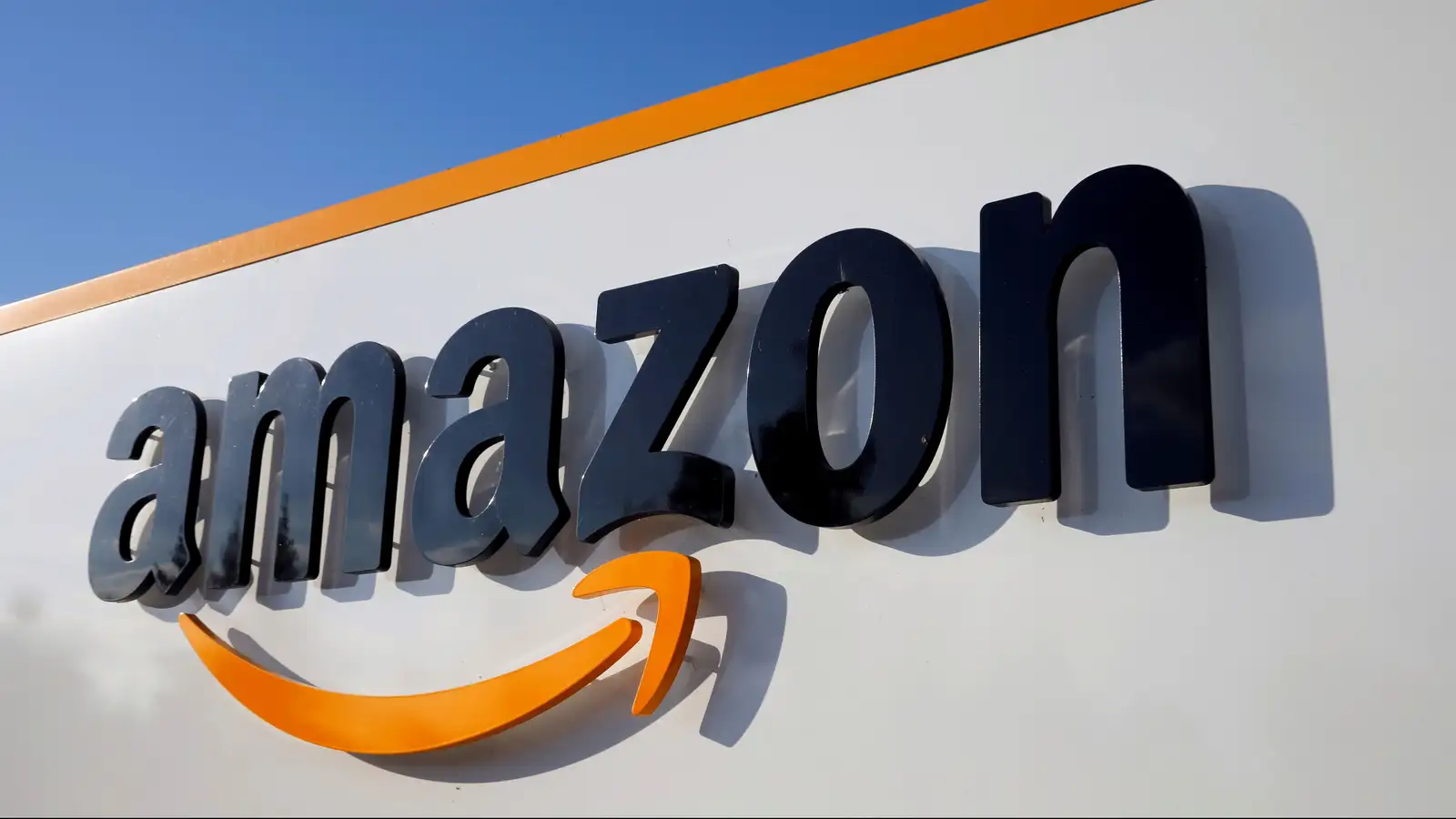Amazon.com opens a new tab and has launched a new artificial intelligence tool that aims to answer shoppers’ queries about products, but the feature also creates new dilemmas. The software, called Rufus, is supposed to assist users by finding the toaster ovens or dinosaur toys that suit their preferences. However, Amazon has been accused of favoring products that give Amazon more benefits, either because they have higher margins or are sponsored by advertisers, according to the Federal Trade Commission’s ongoing 2023 antitrust case against Amazon.
The FTC claimed that Amazon “skewed Amazon’s search results to favor Amazon’s products over those that Amazon knows are of higher quality.” Moreover, the FTC asserts that the Seattle company runs a “pay-to-play” scheme, giving priority to the products on which advertisers were willing to pay the most. The company has rejected the allegations and said it will fight the suit in court. Amazon’s general counsel said 2023 that the FTC “is mistaken on the facts and the law,” and that its practices “have stimulated competition and innovation across the retail industry.”
The algorithm behind Rufus, like other generative AI services, is a well-guarded secret and Amazon refused to reveal how it works. It gave some hints, including a press release, that said it is trained using Amazon’s product catalog, reviews, web information, and question-and-answer sections. However, Michael Pachter, a Wedbush Securities analyst, said Amazon would be losing money if it didn’t make Rufus’ results available to advertisers. “You’ll probably get sponsored results,” he said. “Advertising fuels retail and Amazon is no exception – why do you think they are making tens of billions of dollars in advertising a year?”
The company on Thursday announced a 27% increase in ad sales in the fourth quarter of last year to $14.7 billion. Rufus seems to be unaffected by advertising at first. Gil Luria, a senior software analyst at D.A. Davidson, said that was probably essential to establish customer trust. “If they erode your confidence in how they answer, you’re not going to query them anymore,” Luria said.
ADVERTISING AND CONSUMER CHOICES
The company has repeatedly let ads influence its recommendations. Many customers used to think that “Amazon’s Choice” meant a product had been reviewed or tested, but a 2019 Digiday report revealed that Amazon had given that label to advertisers who paid for it, based on an internal document from 2017.
Amazon has claimed that it never allowed paid results in “Amazon’s Choice” and that the label mainly depended on factors like reviews, delivery speed, and cost, a company representative said.
The EU’s chief competition regulator Margrethe Vestager argued that Amazon’s control over the “Amazon’s Choice” label was one of the reasons she opposed the company’s proposed acquisition of iRobot, the maker of Roomba.
Amazon abandoned the deal last month. A Wall Street Journal probe found that Amazon also used to let advertisers add products to customers’ online baby registries without their consent.
It has stopped doing that. According to a Profitero study from 2020 to 2021, Amazon.com search results showed nine sponsored listings on average, twice as many as Walmart and four times as many as Target.
Jim Tierney, the head of Concentrated US Growth Equities at AllianceBernstein, said he was impressed by Rufus “if it is an AI chatbot for shopping.” “That would lead to more interaction and more sales, which means more revenue and more units (sold),” Tierney said. However, Amazon gave little information when it launched Rufus to some customers.
In a call with investors, CEO Andy Jassy said Rufus “allows customers to find items in a very different way than they could on e-commerce websites.” Amazon in a blog post demonstrated how the software could answer a question about how suitable a pickleball paddle was for beginners. “This paddle is a great option for beginners,” the software said, according to a screenshot. “The large sweet spot helps beginner players hit the ball over the net consistently.” In another example, it showed Tyrannosaurus Rex toys for a question about the best toys for a “dinosaur obsessed 5-year old.” The company said Rufus is trained using Amazon’s product catalog, reviews, web information, and question-and-answer sections.
However Rufus develops, Luria said Amazon has an advantage over Google (GOOGL.O), opens a new tab, and Microsoft’s (MSFT.O), opens new tab AI applications because it has a lot of data on customers’ purchases and preferences that gives it an edge at the checkout.
Read also:
How Amazon’s AI bot guides you to buy more products from its platform





Leave a Reply